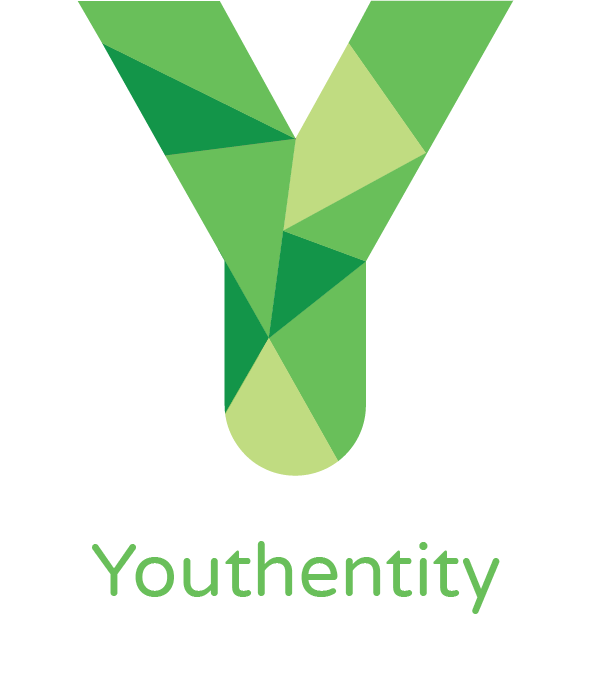Youthentity column: Bridging the gap by helping teens transition into adulthood
Each month Executive Director Kirsten McDaniel pens a youth development column in the Glenwood Springs Post Independent. This month’s column asks what we can do to help teenagers transition into young adulthood.
For many high school students, the responsibility of adulthood hangs in the background of the latter teen years — adulthood being a nebulous concept, something that is sure to happen to you yet the true meaning of it being clear as mud. It’s a time when you’re treated like a child, yet told to act like an adult. It’s also a time of demanding independence while desperately needing guidance.
Making the leap from high school to college, or to joining the full-time workforce, can feel like just that: a blind jump into a future unknown. What can we — the parents, teachers and adults in their lives — do to help prepare teenagers for this significant transition?
1. Help them gain sense of who they are and who they want to become. Ask them to consider their strengths. Strengths include not only hard skills (photo editing or science, for example) but also dispositional qualities such as patience or leadership. Then ask, what is it that they love to do? Character strengths surveys such as the VIA (viacharacter.org) or the talent optimization platform Predictive Index (Predictiveindex.com) can be helpful in assessing a teen’s unique strengths and interests.
2. How do those strengths and interests intersect? Possessing a clear idea of current strengths and interests, coupled with a developing sense of self, helps all of us to first envision the kind of future we want, then to craft a plan to get there. It is so important that young people learn to plan their life’s trajectory, and they can only do so when they begin to determine what their future may look like while using their individual talents and interests.
3. Challenge them! Pushing past our comfort zones is key to growth, and a sense of achievement when overcoming a challenge helps set groundwork for bigger, more long-term goals such as college or a career path. This can mean taking on an internship or engaging in college-level classwork and concurrent enrollment. At Youthentity several of our Career Academy classes offer concurrent enrollment opportunities, in which students complete college-level courses and earn credits through Colorado Mountain College or Metropolitan State University. Successful completion of these classes allows kids to dip their toes into higher-level work and can show students that a college-bound path is well within their capabilities.
4. Development of real-world skills that have transferrable value. A certain sense of worth and meaning comes from possessing skills that are needed in the real world. As teenagers build the skills necessary to succeed in college or the workplace, they begin to see how they fit into an environment of increasing independence and responsibilities.
5. Provide a safe space to “fail well.” The teen years can be a low-stakes time in which to make — and learn from — mistakes. It’s a time when we must step out of their way and allow them to fail safely. Ideally, the result of understanding where it went wrong and how to move forward is resilience. Resilience is critical to successfully navigating adulthood, and there’s no better time to build it than under the relative shelter of the high school experience.
The high school years are formative, full of uncertainty, discovery and promise. Early exposure to the real-world through immersive, hands-on experiences helps our young people to build skills and confidence as they transition into adulthood.
Help us guide students toward intentionally-planned, financially literate futures. Invest in Youthentity programs today:
